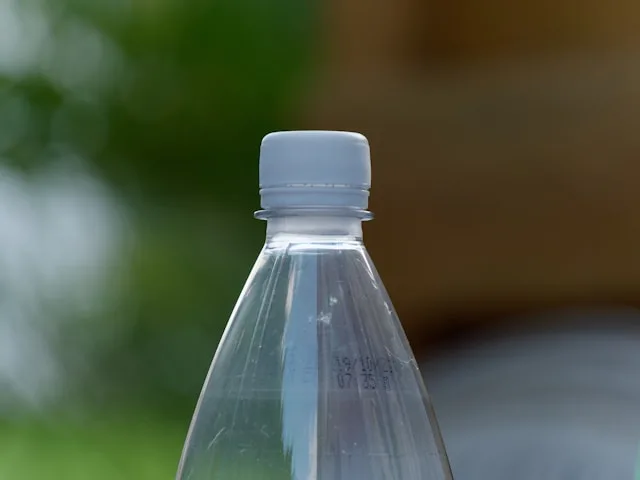Fez — Leaving a water bottle in a hot car may seem harmless, but scientists say heat and sunlight can cause plastic to degrade, releasing microplastics, chemicals, and even bacteria into the water. While an occasional sip is unlikely to cause lasting harm, experts caution against making it a habit.
Plastic bottles, especially single-use ones made of polyethylene terephthalate (PET), are not completely solid. Instead, they are made of a web-like structure that can gradually release molecules over time. This process speeds up when bottles are exposed to heat or ultraviolet light.
A 2023 study found that plastics exposed to high temperatures and UV radiation shed microparticles and nanoparticles, while bottles stored in cool, dark conditions released few to none.
The concern is not just about visible wear. Nanoplastics—plastic fragments smaller than one micrometer—are capable of penetrating deep into human tissue.
Research has shown that they can reach the liver, kidneys, lungs, heart, and even the placenta. Some plastics also contain chemicals such as phthalates and phenols, which have been linked to developmental and reproductive health issues.
Another risk comes from bacteria. Once a bottle has been opened, leaving it in a warm environment can encourage microbial growth.
Still, experts note that a single exposure is unlikely to cause significant harm in healthy individuals. The real concern is repeated or long-term consumption of water stored in overheated plastic.
To reduce risks, scientists recommend simple precautions: choose glass or stainless steel bottles, keep plastic bottles out of direct sunlight, and rotate any bottles you store in your car for emergencies.
The same applies to plastic food containers, which can also release microplastics if left in the sun. Even packaging materials such as spice jars may shed chemicals as they degrade past their expiration date.
















